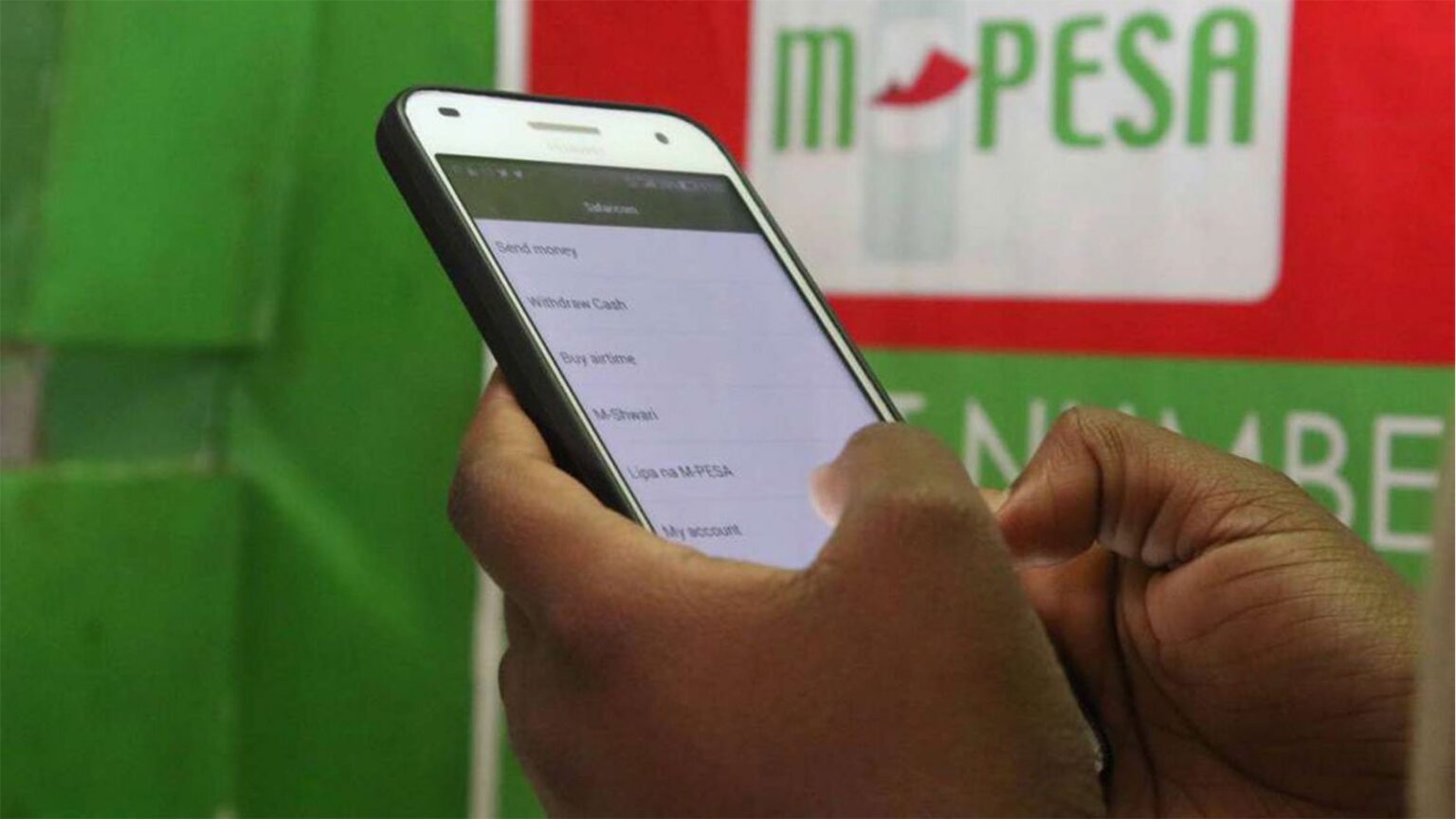- Registered customers for M-Pesa Ethiopia rose to 3.1 million from 1.2 million as of half the Financial Year 2023/2024, transacting worth $115.63 million.
- Ethiopia’s National Financial Inclusion Strategy 2021–2025 aims to increase financial inclusion from 45 to 70 per cent of all adults by 2025, partly by scaling digital payments through mobile money services.
- The country also aims to increase the use of digital payments from 20 per cent of all adults in 2020 to 49 per cent by 2025.
Revenue growth for M-Pesa Ethiopia
Safaricom’s M-Pesa in Ethiopia reported revenue returns of $277,139.43 over the nine months ending in December 2023.
Following its August 2023 launch, the operations generated $45,000 over the first four months, with further commitment to grow the numbers.
Registered customers for M-Pesa Ethiopia rose to 3.1 million from 1.2 million as of half the Financial Year 2023/2024, transacting worth $115.63 million.
However, the opportunity for M-Pesa in the over 119 million populous nation of Ethiopia remains untapped given the low levels of financial inclusion, according to the National Bank of Ethiopia (NBE).
The lender says the percentage of the adult population with an account at a financial institution stood at 45 per cent in 2020.
Ethiopia’s National Financial Inclusion Strategy 2021–2025 aims to increase financial inclusion from 45 to 70 per cent of all adults by 2025, partly by scaling digital payments through mobile money services.
The country also aims to increase the use of digital payments from 20 per cent of all adults in 2020 to 49 per cent by 2025.
Based on the aforementioned obligations, Safaricom says the landscape presents the opportunity for M-Pesa to drive financial inclusion to levels seen in Kenya after over 20 years of operations in the country, to over 84 per cent in 2021 from 27 per cent in 2006.
Total revenue, including voice, message, and mobile data services for the period under review, was $29.96 million, a 73.8 per cent increase from the revenue posted in six months.
Voice revenue hit $4.22 million while messaging and mobile data recorded revenues of $175,000 and $15.58 million, respectively.
The mobile data segment which commanded the revenue provision recorded 1.81 million one-month active mobile data customers. This increased from the numbers posted in quarters 2 and 1 of 1.4 and 1.2, respectively.
Commenting on the results, Safaricom’s CEO Peter Ndegwa said the telco has made significant progress in expanding the network roll-out in Ethiopia, terming the M-Pesa’s of great momentum.
“Our purpose in Ethiopia is to transform lives for a digital future and our vision is to establish an innovative brand loved by its customers. We are building a world-class network focused on earning customer loyalty and are experimenting and learning from the lessons and challenges as the business evolves to create a digital future for our customers,” Ndegwa said.
“Since we launched commercial operations in Ethiopia in October 2022, the momentum has remained positive, having recorded nine million gross customer additions and attained 4.3 million 90-day active customers as at December 2023.”
He added that the firm has covered 33 per cent of the population and is on track to meet all license coverage obligations.
Safaricom M-Pesa was launched with services on deposits, withdrawals, transfers (P2P), airtime and data package purchase, M-PESA to Bank (C2B) and Bank to M-PESA (B2C), merchant payments (with transacting tills) and international money remittances services (inbound transfers only).
The telco says other services will follow as it continues to enhance customer education and awareness.
“We are very pleased with the optimism that M-PESA has evoked in the youthful population of Ethiopia, and we look forward with great excitement to the transformation M-PESA will bring to financial inclusion in Ethiopia,” the firm says in a statement.
Read Also: Safaricom readies Ethiopia takeover as it gets M-PESA licence
Ethiopia’s economic growth
In the last three years, the Ethiopian economy has faced multiple shocks, including the COVID-19 pandemic, internal conflict, drought, and the effects of the Russia-Ukraine war on commodity prices.
Data shows the GDP growth fell to 5.6 percent and 5.3 percent in 2021 and 2022, respectively from 6.1 percent in 2020 but remained above East Africa’s average of 4.7 in 2021 and 4.4 percent in 2022.
According to the IMF, Ethiopia’s economy is projected to grow by 6.2 per cent in 2024 from an estimated 6.1 in 2023 driven by the peace dividend, rebounding tourism and the prospect of liberalizing more sectors.
To drive growth, the government is keen on reducing inflation, improving the performance of the agriculture sector, and increasing tax revenue and foreign direct investment inflow into the country.
Currency performance
The Ethiopia Birr (ETB) depreciated by 4.8 per cent in 2023 to close the year at ETB 56.1 against the dollar.
The government implemented several measures in September 2022 to address the foreign currency shortage to improve access to dollars.
The National Bank of Ethiopia (NBE) banned using foreign currency in local transactions while reducing the number of days a returning resident can keep foreign cash from 90 to 30 days.
In addition, the Bank also relaxed restrictions on how much foreign currency can be brought into the country.
Nationals can now bring up to $4,000 into Ethiopia without declaring the money to customs officials, up from $1,000.
The amount non-Ethiopians can bring to the country with no need to disclose has more than tripled from $3,000 to $10,000.
